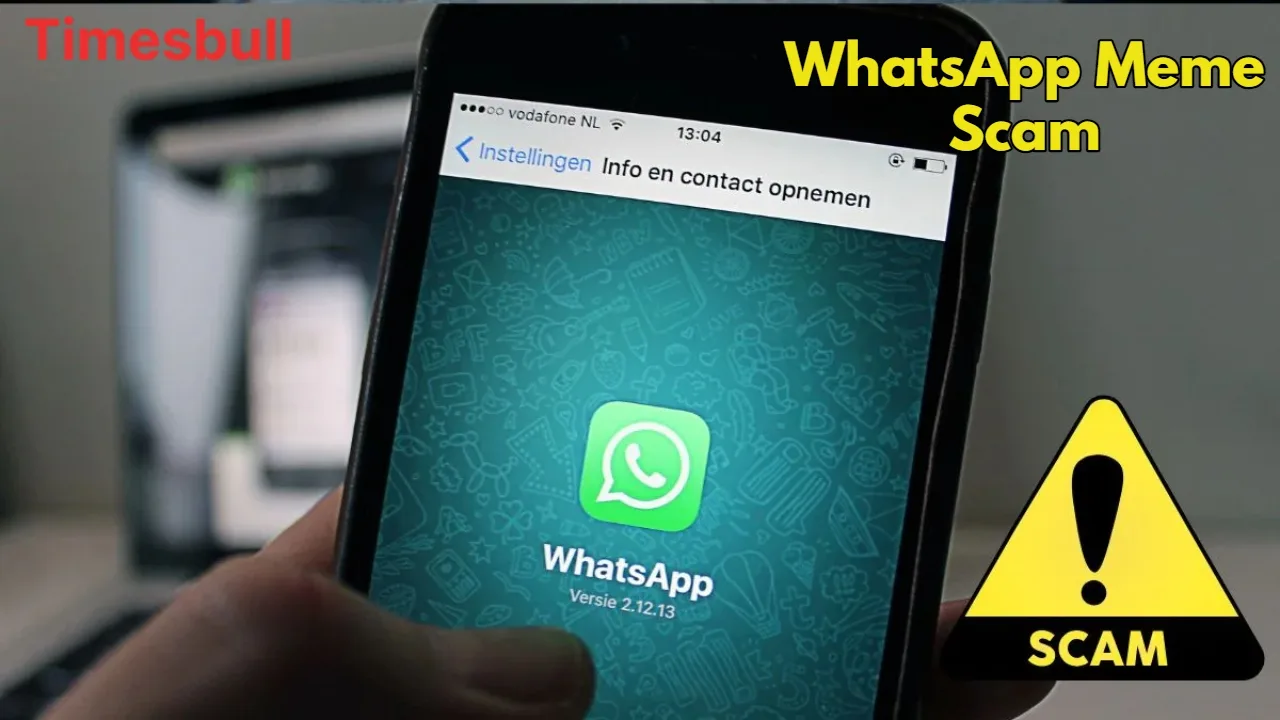Cyber Scam Alert: If you also have a habit of immediately downloading funny memes and pictures on WhatsApp, then be careful now. In a new cyber fraud, hackers can install malware or spyware on your mobile through pictures or memes sent on WhatsApp.
This is very dangerous because it can put your banking information, social media accounts, private photos, and passwords at risk. Imagine, one click, and your bank account can be emptied, or your private photos can be leaked! Let’s understand this new and dangerous scam in detail and know the sure-fire ways to avoid it.
How does this scam work
In this fraud, fraudsters send attractive or funny pictures or memes, which look normal. But as soon as you download them, a dangerous software is quietly installed in your phone. This software is very clever.
It can record everything typed on your keyboard, which can lead to the theft of your bank password, OTP (one-time password), credit card details, and other confidential information. This software can also access your phone’s camera and microphone, which can spy on you.

What can happen to you
If you fall prey to this type of cyber fraud, you can suffer many serious losses, which you cannot even imagine:
Hackers can steal your banking credentials and withdraw money from your account.
Hackers can have control over your social media accounts like Facebook, Instagram, Twitter, which they can misuse to target your friends and family as well.
Your personal photos, videos and important documents saved in the phone can become public, which will seriously threaten your privacy.
Malware can affect your phone’s performance, causing your phone to slow down or hang frequently.
Your identity can be stolen using your personal information, which can lead to even bigger financial frauds.
How to avoid this scam
Your vigilance is your biggest protection to avoid such cyber frauds. Follow these important points:
Do not download any images or messages from numbers you do not know or suspect, no matter how tempting the meme may seem.
Do not forward such suspicious images to others. You may inadvertently become a medium for spreading this fraud.
Install a reliable antivirus or security app on your phone and always keep it updated. These apps help identify and remove dangerous software.
If any unusual activity (such as rapid battery drain, unexpected data usage, or unknown apps appearing) is observed in the phone, immediately turn off the internet connection and run a security scan.
Change passwords of all your important accounts (banking, social media, email) regularly and use strong, unique passwords.
Download apps only from official sources like Google Play Store or Apple App Store.
What to do if you fall prey to this scam

If you think you have fallen prey to this scam, take these steps immediately:
Immediately turn off your phone’s internet connection so that the malware cannot send any more data.
Contact your bank immediately and inform them of the possible fraud. Block your credit/debit card.
Immediately change the passwords of all your online accounts (banking, social media, email) from another secure device.
Run a full security scan on the phone and remove any suspicious apps.
Report the incident to the local police or cybercrime helpline. In India, you can complain to cybercrime.gov.in.
According to cybersecurity experts, it is very important to be vigilant to avoid such scams and think carefully before downloading any information from an unknown source. Your vigilance is your biggest protection, especially in today’s digital age.









